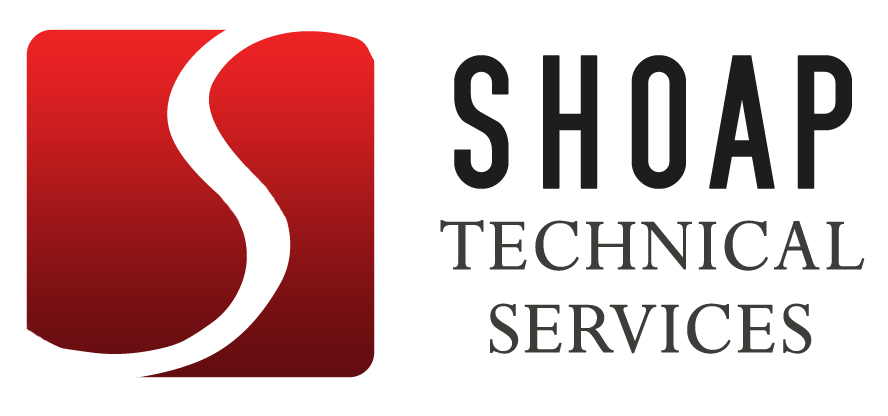It’s quite often that I’m confronted with one of the most typical questions of today: so what do you do? My reply is that I do marketing for a technical writing company. The inquirer’s response: “cool” or “what is technical writing?” and I’ve never really had a good answer.
My personal awkward moment aside, the definition of technical writing is important. In layman’s terms, what is technical writing? In the case of Shoap, I would define it based on what the writers do, which is to translate technical concepts into prose for an array of technical and non-technical users. To be sure, there are many different types of technical writing. In marketing communications, the definition may be to translate technical concepts into marketable ones. My coworkers do mainly what’s known as traditional technical writing, which is very technical and complex. In any case, there is a common thread that is a definition of what technical writers do: technical writers translate technical concepts to a form that is usable by a product’s stakeholders.
Understanding what technical writing is is the basis of understanding why it is its own field with people who specialize in it—just as people are experts in languages—and why it’s so important. And “technical” doesn’t mean just complex electronics; it can be anything from medical devices to adhesives to vacuum cleaners.
So technical writing isn’t this far-out, complicated idea as people often think when I tell them where I work. It’s a real field that’s all about communication about technology.

1 reply on “So what is technical writing?”
“to translate technical concepts into prose for an array of technical and non-technical users” – Very nicely put.
Technical writing is technically writing, but writing technically is not technically technical writing!